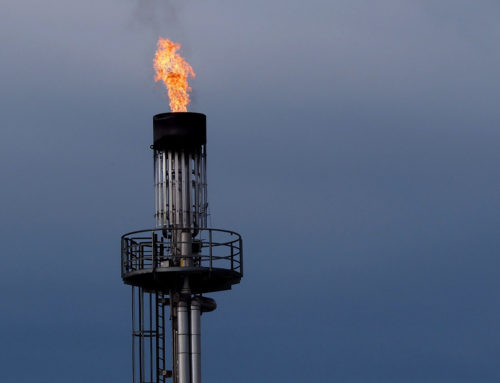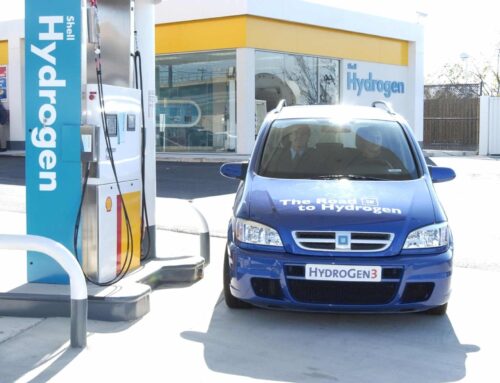On June 17, the Senate Energy and Natural Resources Committee adopted S. 949, the 21st Century Energy and Technology Deployment Act as part of a suite of bills that has been combined into a larger energy bill known as the American Clean Energy Leadership Act of 2009 (ACELA). S. 949’s main goals are to make changes to the existing DOE loan guarantee program and create a new system to finance energy projects with a “clean” energy fund. It proposes the creation of the Clean Energy Deployment Administration (CEDA), an independent entity within DOE to distribute credit support to the energy industry.
TCS has significant concerns with the bill as currently structured. CEDA supports high risk, high cost mature technologies, like nuclear power that private markets will not back, even prior to the credit crisis. Among the more egregious provisions in the bill is the exemption of CEDA from annual appropriations process and the set aside of $10 billion from the US Treasury for its creation. Additionally, the bill lacks sufficient oversight and accountability mechanisms. If the bill moves forward, taxpayers could easily lose billions in defaulted loan guarantees and other forms of credit.
Details of the 21st Century Energy and Technology Deployment Act:
-
Under the proposed CEDA, funds appropriated to the Department of Energy’s existing Title XVII loan guarantee program are transferred to a Clean Energy Investment Fund. The fund is authorized to distribute such sums as necessary to the Secretary of Energy to carry out Title XVII.
-
In addition to the funds transferred from Title XVII the Secretary of Treasury is authorized to transfer $10 billion to the Clean Energy Investment Fund from the Treasury.
-
CEDA allows federal government to pay for or share the subsidy cost- or long-term cost of the loan—with industry. Originally the 2005 Energy Bill (EPACT 05) allowed for the loan guarantees only if an appropriation for the subsidy cost was made by Congress or the borrower paid the cost (self-pay). The new language proposes payment come from the “Clean Energy Investment Fund” that is created within the bill (section 4a) or the borrower pays or a combination of the two.
-
CEDA removes loans or loan guarantees from the appropriations process by exempting loan guarantees from section 504 (b) of the Federal Credit Reform Act of 1990.
-
The definition of a commercial technology originally included in the 2005 Energy Bill is also changed in CEDA by excluding a project that’s sole use has been a DOE demonstration project or has already received a loan guarantee.
-
As currently drafted, CEDA strips DOE’s superior right to cease property in case of default originally included in loan guarantee authorization. This provision was originally included in EPACT 05.
-
CEDA leaves fees for the program to discretion of the Secretary and all fees collected will go into the Clean Energy Investment Fund. The amount and collection of the fees is at the discretion of the Secretary in order to promote “eligible projects under this title.”
-
CEDA fast-tracks the distribution of loan guarantees by accelerating the review of applications to no more than 180 days after a completed application is submitted.
-
CEDA is granted authority to distribute: direct loans, letters of credit, loan guarantees, equity investments, or other such “credit enhancements” to meet goals of legislation
-
Loss Rate- until the Administration determines the loss rate for projects the Administration “shall consider” a 10% loss rate for the “portfolio investments” under the act.
-
Loss Rate Review- initiated if the “target percentage for a specific year vary by more than 2%” the DOE Secretary and the Advisory Council can review if the “default target rate or process should be adjusted” and within 90 days report to Energy and Natural Resources bill and Energy and Commerce committees
-
CEDA is subject to GAO audits. GAO will be able to obtain all data regarding the Administration for the audit.
- Quarterly and annual reports by the CEDA to the Secretary will be made publicly available
June 2009










